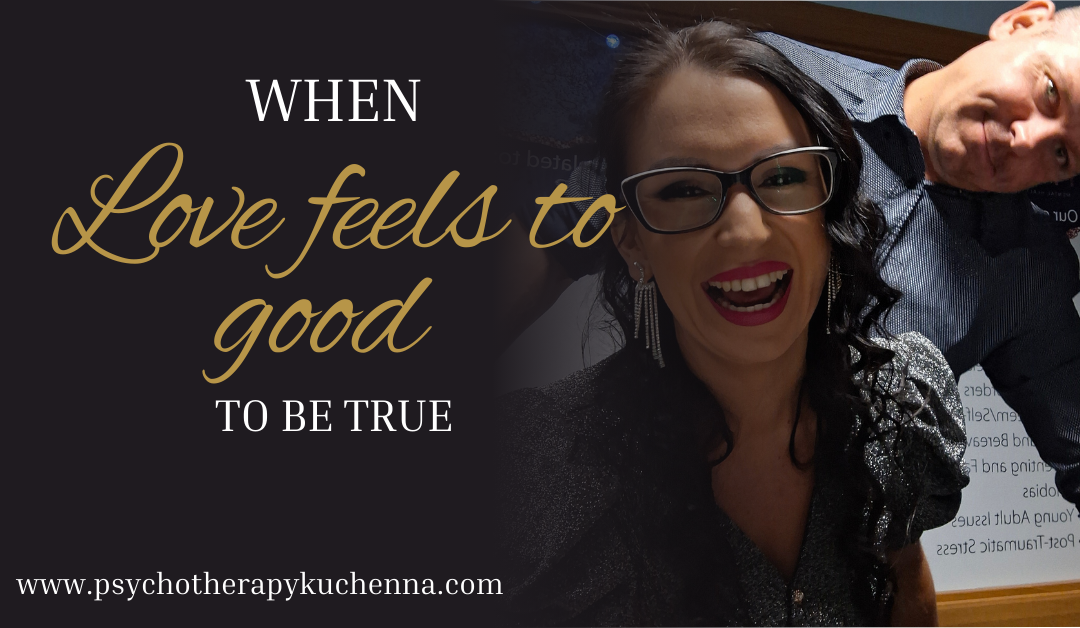Sometimes, even in the healthiest of relationships, people find themselves searching for cracks in the foundation. They pick fights over minor issues, overanalyze their partner’s every word, or doubt the love being offered. To outsiders, it may seem irrational: Why question a good thing? But for those doing the searching, the answer often lies deep within—a wounded inner child seeking safety in a world they’ve learned to distrust.
The Inner Child and the Fear of Love
The inner child represents the part of us shaped by our early experiences, especially those marked by emotional pain, neglect, or unpredictability. For someone who grew up in an environment where love felt conditional, unstable, or even harmful, their understanding of relationships becomes rooted in survival, not connection.
When they finally find a relationship that feels stable and genuine, their subconscious whispers, This can’t be real. Something must be wrong. Because if love was never safe in the past, how can it be now?
The Need to Protect
This fear triggers protective behaviors:
- Looking for flaws: They believe finding problems early will shield them from future heartbreak.
- Testing their partner’s love: They push boundaries, hoping their partner will prove their commitment.
- Sabotaging intimacy: Vulnerability feels dangerous, so they create distance to avoid being hurt.
While these actions might appear to undermine the relationship, they’re actually survival mechanisms. The wounded inner child is not trying to ruin love—it’s trying to make it safe.
Breaking the Cycle
Healing begins with awareness and compassion. For anyone who recognizes this pattern in themselves:
- Acknowledge the root: Your fears are valid. They stem from experiences that shaped you, not from your current reality.
- Communicate openly: Share your feelings with your partner. Vulnerability can transform relationships, helping your partner understand your actions.
- Seek inner healing: Therapy, inner child work, or journaling can help address past wounds and build trust in the present.
- Practice self-soothing: Learn to reassure yourself in moments of doubt instead of seeking external validation.
For Partners of Wounded Souls
If your partner struggles with these patterns, patience and empathy are key. Be consistent, show love through actions, and encourage them to explore their healing journey. Remember, their behavior isn’t a reflection of your worth—it’s a reflection of their past.
Final Thoughts
The search for problems in a healthy relationship is often a cry for safety, not sabotage. By addressing the fears of the wounded inner child, love can shift from a battlefield to a haven. True healing allows people to stop searching for problems and start building the safety they’ve always deserved.

